PCA has been carrying out ongoing investigations of a multi-period landscape in west Suffolk, discovering important evidence of Neolithic activity on the fringes of the mid-Suffolk clay-land, as well as traces of Bronze Age field systems, Iron Age settlement, and a medieval building. Of particular significance is a natural hollow containing an exceptionally large assemblage of Early Neolithic Carinated Bowl pottery, provisionally radiocarbon dated to the c. 40th–38th century BC. Elsewhere on the site, a tree hollow contained more Neolithic pottery alongside large quantities of struck flint tools and flint-working debitage.
As well as advancing understanding of Suffolk’s past, charcoal samples taken from the excavated Neolithic and medieval features are contributing to important ongoing research into carbon sequestration. Samples of the wood charcoal are being dated and analysed by the University of Nottingham’s Biochar Demonstrator project, which aims to show the potential of biochar materials to sequester atmospheric carbon in the soil. The Early Neolithic charcoal from this site shows only minimal degradation after being buried for some 6000 years, helping to prove the long-term stability and viability of this method of removing carbon dioxide from the atmosphere and locking it in the ground.








